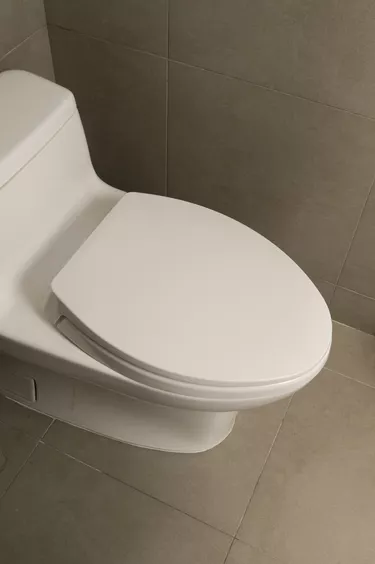
Consumers who buy low-flush toilets, also referred to as low-flow toilets, can reap many cost savings, and that can include being able to receive certain tax deductions. Several rules govern tax deductions that the purchaser should know before buying this energy saving product.
Low-Flush Toilets
Video of the Day
Low-flush toilets are designed to use the least amount of water possible when they are flushed. Federal laws aimed at water conservation require toilet manufacturers to design all toilets made after 1994 so that they use no more than 1.6 gallons of water per flush. That compares to the toilet's predecessor that used up to 7 gallons of water per flush. Because the newer toilets use less water, they are more energy efficient.
Video of the Day
Tax Deductions
Tax deductions, whether they are assessed at the local, state or federal level, can help taxpayers reduce the amount of their income that is subject to tax. No tax deductions specifically cover the purchase of low-flush toilets. An example of an eligible tax deduction is the interest a taxpayer pays on their mortgage or student loan.
Home Improvement Tax Deductions
Tax deductions are not available specifically for the purchase of low-flush toilets, however taxpayers may not be completely out of luck. Homeowners who purchase low-flush toilets as a part of a project that helps them increase their energy savings may be able to take advantage of the home improvement tax deduction. This means that a bathroom home improvement project that includes a low-flush toilet could result in a tax deduction.
Home Repair vs. Home Improvements
Consumers who decide to replace a broken toilet with a low-flush toilet should understand that the purchase may not qualify for a tax deduction. The IRS specifies that the purchase be solely for home improvements, not home repairs. Consumers should verify with the IRS whether their low-flush toilet purchase qualifies for a tax deduction. A professional tax advisor can also provide information for consumers considering a toilet purchase.
Donations and Loans
If a taxpayer has leftover building materials from their home improvement project, he can donate the amount of material he has left over, and that amount may be tax deductible.
Also, homeowners who take out home equity loans or lines of credit to finance their home improvement projects may be able to deduct the interest paid on the loans from their income taxes. To verify if they can make this deduction, consumers should contact a professional tax advisor before completing their tax returns.